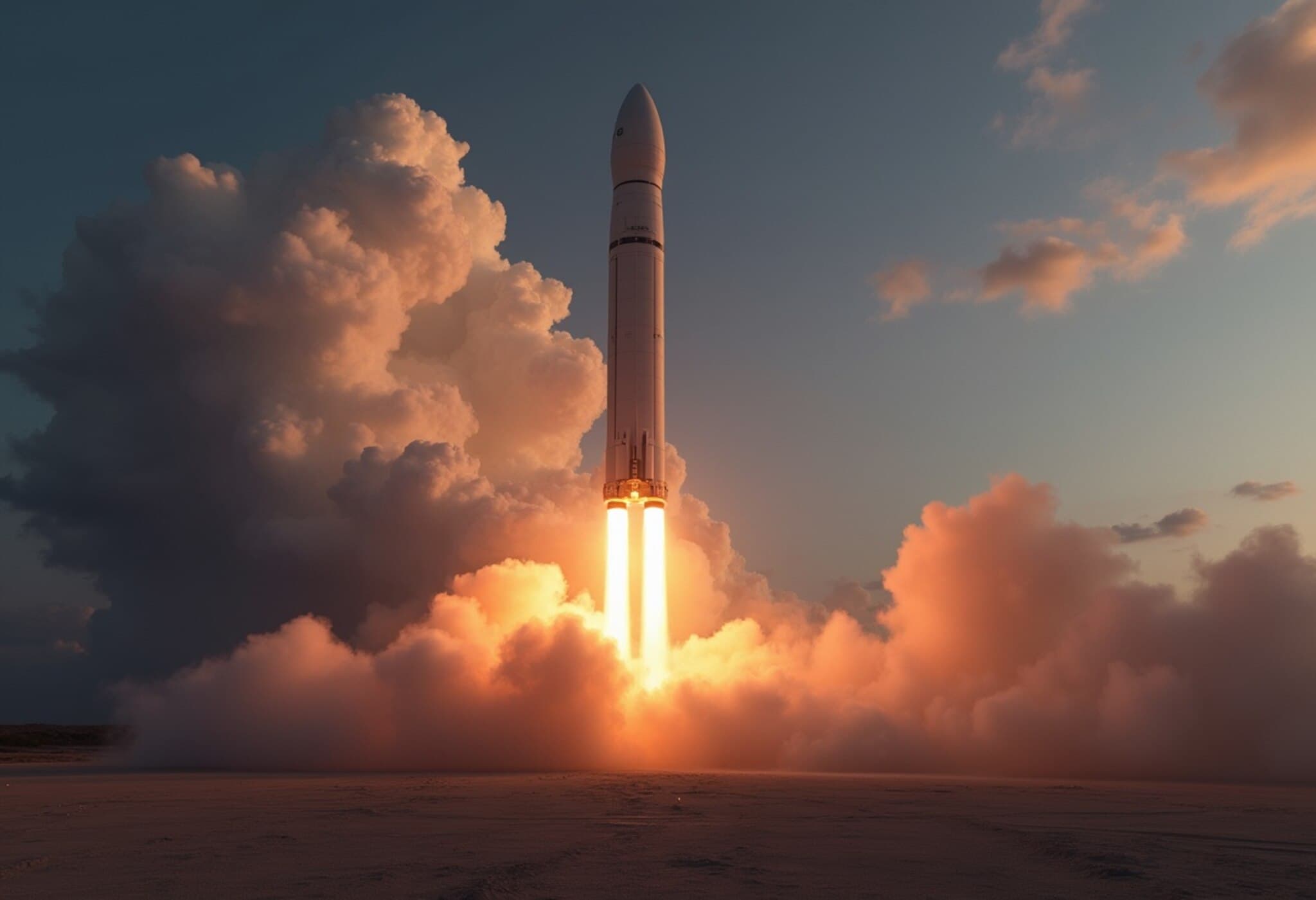Seventh Delay for Axiom Mission 4: Launch Date Still Uncertain
Plans to send Indian astronaut Shubhanshu Shukla to space aboard the Axiom Mission 4 (Ax-4) have hit another snag. Originally scheduled for June 22, 2025, the launch has been postponed yet again, with no confirmed new date in sight.
This marks the mission's seventh delay as NASA and its partners continue to assess operations aboard the International Space Station (ISS) following recent repair work.
Reason Behind the Delay
NASA, alongside Axiom Space and SpaceX, is carefully reviewing optimal launch opportunities. Safety remains the top priority as the International Space Station undergoes evaluations after maintenance. A statement from the ISS made it clear that the agencies are standing down from the previously planned June 22 lift-off, with a fresh launch window expected to be announced soon.
Meanwhile, the crew, who have been in quarantine since mid-May at a Florida facility, continue to follow stringent medical and safety protocols. They remain ready and eager to embark on this historic mission as soon as the space station is fully prepared to accommodate them.
Launch Window and Future Opportunities
The current launch window extends through June 30, 2025. Should this timeframe slip away without launch, another chance will open up by mid-July, offering a secondary window for takeoff.
About Axiom Mission 4
Axiom Mission 4 represents a significant collaboration between Axiom Space, NASA, and SpaceX, aiming to send private astronauts to the ISS.
Commanding this commercial spaceflight is Peggy Whitson, a veteran NASA astronaut and current director of human spaceflight at Axiom Space. Shubhanshu Shukla will pilot the mission, stepping into history as India’s second astronaut in space nearly 40 years after Wing Commander Rakesh Sharma’s journey in 1984.
Supporting the mission as specialists are European Space Agency (ESA) astronauts Slawosz Uznanski-Wisniewski from Poland and Tibor Kapu from Hungary, rounding out the international crew.
Looking Ahead
While delays can be frustrating, mission partners emphasize the importance of thorough preparation and station readiness, underscoring a “better safe than sorry” approach. Once the ISS is fully operational post-repair, and safety protocols are adequately in place, the launch is expected to proceed, carrying hopes for a successful and groundbreaking journey.



















